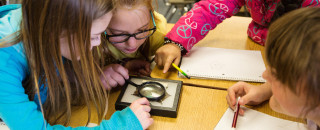Teaching Toolboxes
Click here to reserve a Teaching Toolbox for Spring 2026.
Want to stay up to date on Museum Education happenings including Teaching Toolbox Program announcements? Sign up for the Educator Resources Newsletter email list:
Excite and educate your students about the natural sciences with NHMU's Teaching Toolboxes. Each of these teaching resource kits—complete with touchable specimens and museum-quality artifacts —will engage your classroom and spark curiosity in the natural world. Designed by the staff of NHMU for K–12 students and community groups, our toolboxes explore a variety of subjects. Teaching Toolboxes are available to check out from the Museum for free and can be reserved for a two-week period.
Not in the Salt Lake area? Check which toolboxes are already available at offsite locations near you.
Pick-up and drop-off
- Toolbox pick-up/drop-off is only available during business hours (10am-5pm)
- The pick-up date is the Saturday listed in your confirmation email.
- Toolboxes must be picked up by end of day on the Tuesday after the reservation starts unless we recieve notice before start of reservation. No show pick-ups will be cancelled and put away on Wednesday.
- The drop-off date is the Saturday two weeks after the pick-up date.
- Please help us by returning toolboxes on time so other educators can use them and so we can properly clean them. If your toolbox is returned late it will be subject to a late fee.
Questions? Please email us or call 801-585-5237
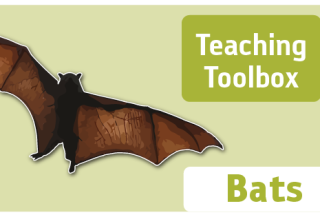
Bats
See examples of many different types of bats and learn why it is important to understand and protect them. Study a bat skeleton, skulls, and preserved specimens of Utah bats.
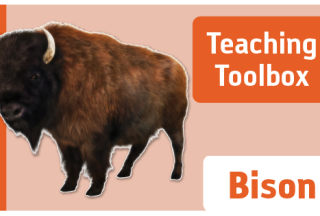
Bison
Learn about the relationship people have had with the bison for centuries from ceremonial reverence to the utilization of every physical part of the animal.
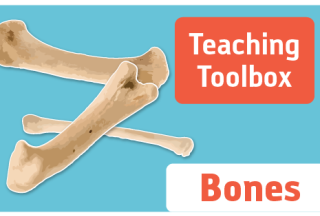
Bones
Learn about animals by studying bones and skulls. Try to distinguish how animals are uniquely adapted for survival by observing differences in jaws, teeth, eyes, and other structures of the skull.
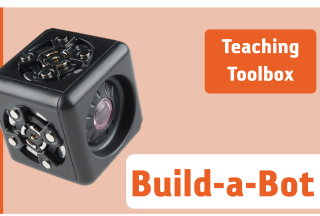
Build-a-Bot
Explore the world of robotics in your classroom with Cubelets! Help students develop critical thinking and problem-solving skills through simple robotics challenges.
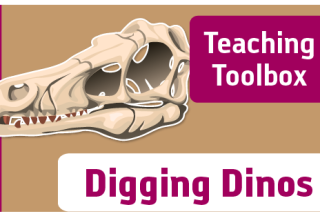
Digging Dinosaurs
This toolbox provides teachers with one-of-a-kind Museum casts of dinosaurs unearthed by Utah paleontologists.

Eocene Ecosystems
Explore how jaws can inform scientists about diet, habitat, and land change over time by studying 3D models of modern and extinct mammal jaws.
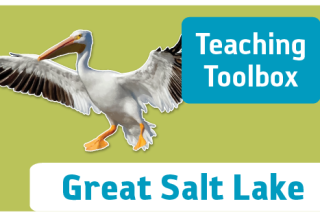
Great Salt Lake
See examples of many different types flora and fauna found around the Great Salt Lake and learn why it is important to preserve and protect them.
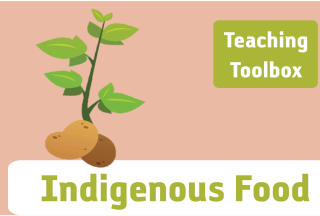
Indigenous Food
Explore indigenous foods through the history and modern day usage of the Four Corners Potato, and important food in Diné culture. This is a High School resource.
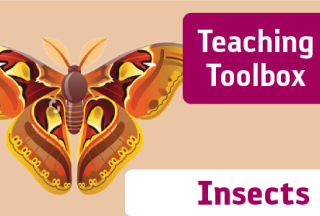
Insects
Dozens of mounted entomological specimens to help students understand the incredible variability and beauty of insects. Learn to classify and to identify unique adaptations.
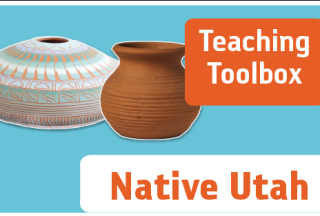
Native Utah
Learn using objects made by artisans from every native Utah tribe. Discover differences and similarities in how things are made and learn to recognize artistic characteristics of diverse people. Engage with stories written and illustrated by native children and elders from each tribe.
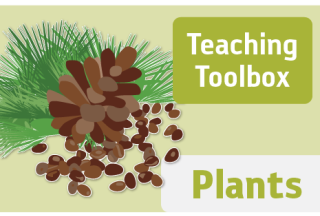
Plants
Plant specimens from Utah's diverse habitats are accompanied by curriculum, activities and resources for studying adaptation and classification.
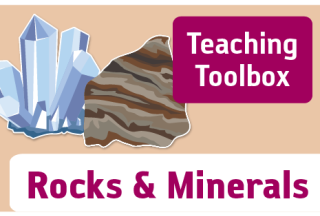
Rocks & Minerals
Examine the differences between rocks and minerals and learn how each was formed. Discover how rocks and minerals are important in our everyday lives.
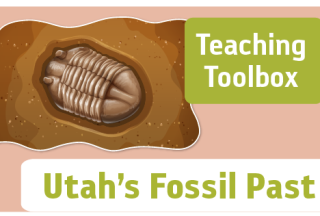
Utah's Fossil Past
Explore Utah’s prehistoric past using the specimens in this Toolbox! Discover the characteristic that make something a fossil, compare and contrast trace and mineral replacement fossils, and understand the process of fossil discovery by excavating and mapping a mock dig site.
